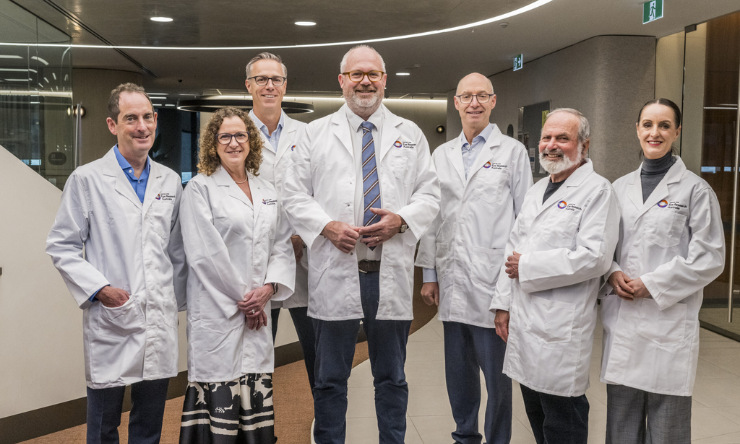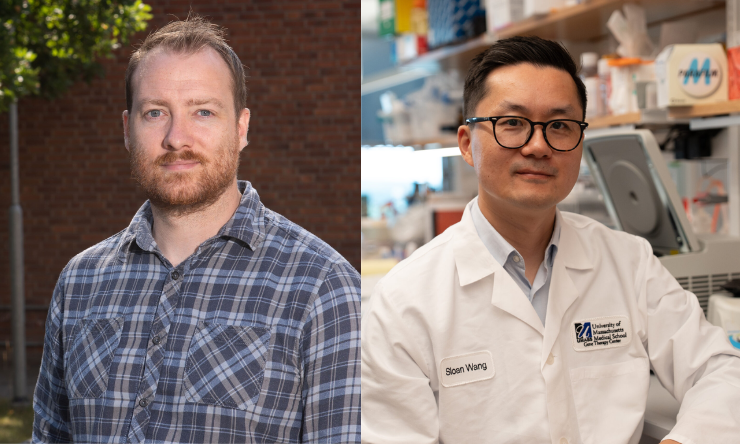
CERA congratulates Melbourne biotechnology company PolyActiva on its latest funding success.

Whether you’re newly diagnosed or have been managing glaucoma for years, understanding its impact...

“Through earlier diagnosis, faster identification of disease progression and paving the way for therapeutic innovation, we hope...

I was diagnosed with glaucoma at 65 after my optician found I had elevated eye pressure. 2 years later I had a stroke in the optic nerve of my right eye, which greatly...

In Australia, where the rate of glaucoma is steadily increasing, research into the disease has gained significant momentum.

Nearly two-thirds of Australians aged 40 and over fear losing their independence due to vision impairment, significantly higher than the Asia-Pacific average, according to new research.

It is an exciting time for the Australian community and public healthcare system as some pharmacists are practicing to their full scope as prescribers to treat...

CERA has announced key scientific appointments to boost its glaucoma and...

To fully understand the impact of exercise in glaucoma patients, it is firstly important to understand that there are different types of exercise.

